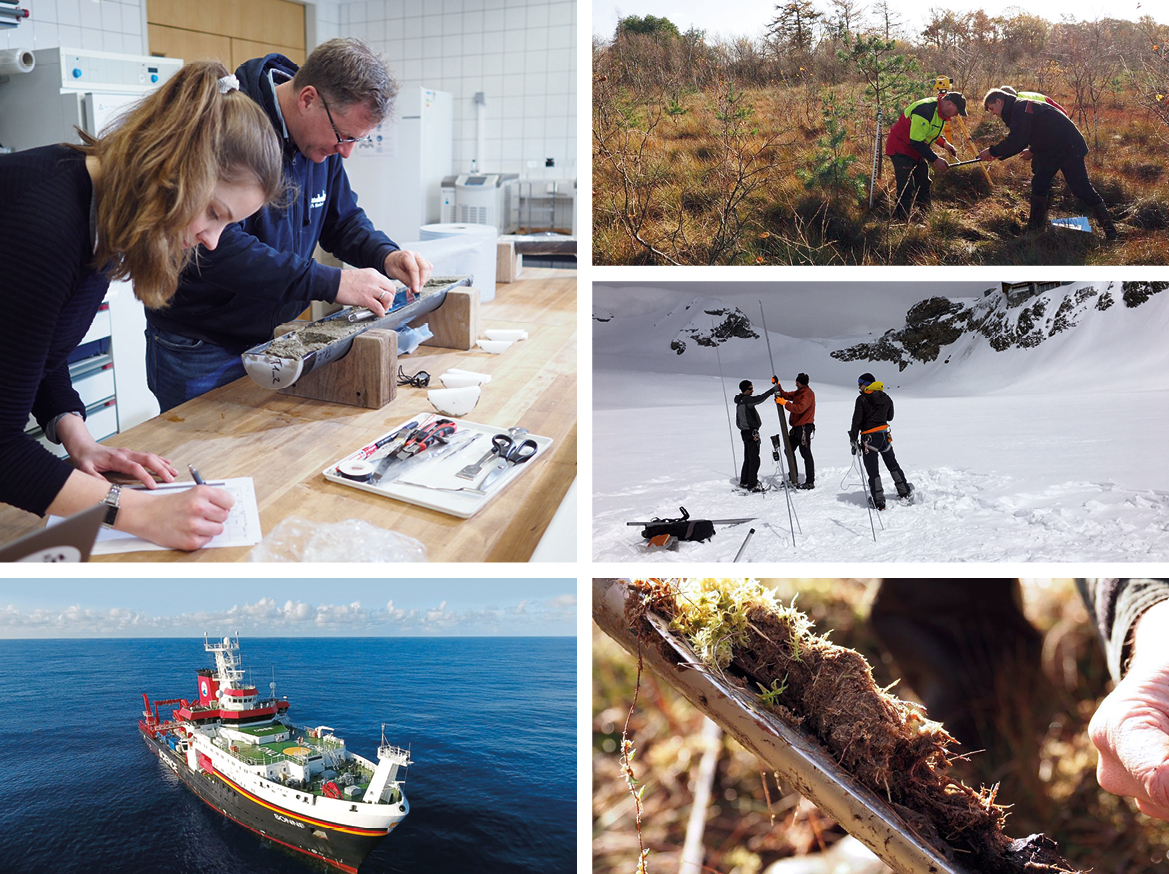DRINKING WATER – ARE SOURCES DRYING UP?

Climate change has upset our water cycle and natural freshwater reservoirs are at risk of disappearing. Researchers around the world are trying to find ways to save drinking water. New technologies offer hope.
Research teams around the world are trying to find ways to save drinking water. Their approaches are very different. The seabed off Malta, Europe's most arid country, contains groundwater from the last ice age. A team of researchers is using new methods to analyse the seabed. This technique could be used to help dry coastal regions elsewhere in the world face the challenges of the future. Research, however, is still in its infancy and tests are being conducted to find out whether the technique can actually be used in a sustainable way.
Peru's desert capital of Lima is also located on the coast, but it relies on pre-Incan knowledge to secure water supplies. Early Andean cultures used their in-depth understanding of geology to turn mountain slopes into water reservoirs. In the Swiss Alps, glaciologists are getting to the bottom of the Aletsch glacier. Have we already lost Europe's freshwater reserves for good, or is there reason for hope? Peatlands, too, are important water reservoirs. In Germany, a daring helicopter manoeuvre over a renatured upland moor shows how far seawater is pushing further inland. Rising sea levels are threatening coastal aquifers globally.